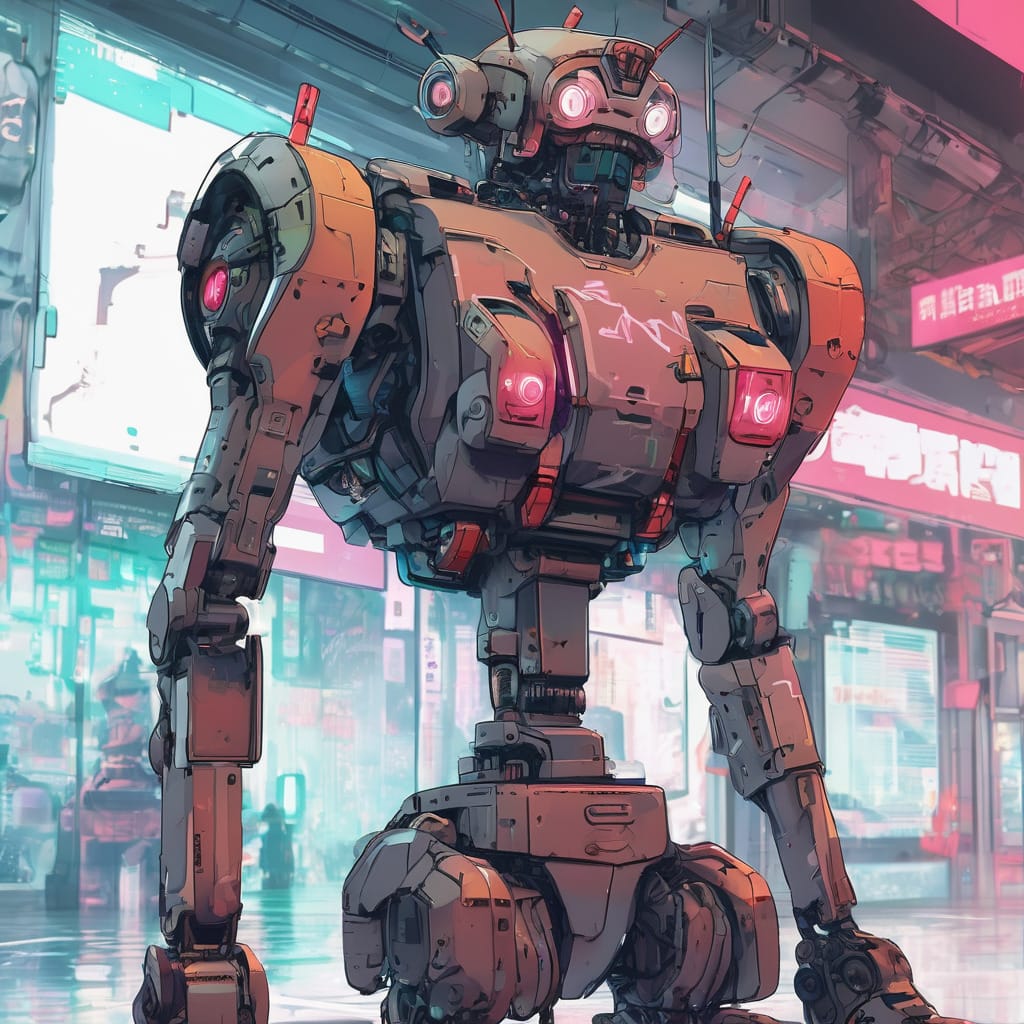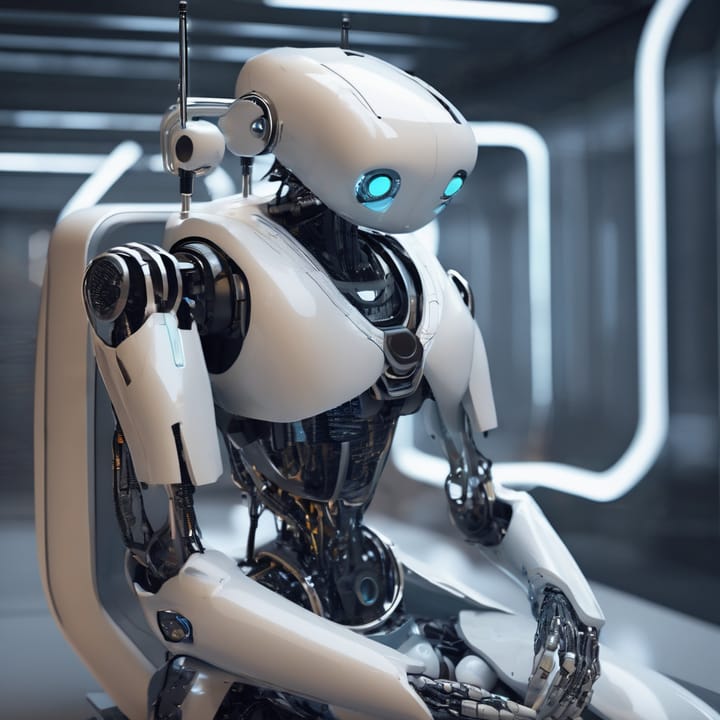Image Classification

Image Classification is a type of machine learning task that involves assigning a label or category to an image based on its content. It is a fundamental task in computer vision and has numerous applications in real-world scenarios.
Key Components of Image Classification
- Convolutional Neural Networks (CNNs): CNNs are a type of neural network that is particularly well-suited for image classification tasks.
- Transfer Learning: Transfer learning is a technique that enables the use of pre-trained models for image classification tasks.
- Data Augmentation: Data augmentation is a technique that enables the increase of the size of the training dataset.
Image Classification Tasks
- Binary Classification: Binary classification is a type of image classification task that involves the classification of images into one of two categories.
- Multi-Class Classification: Multi-class classification is a type of image classification task that involves the classification of images into one of multiple categories.
- Multi-Label Classification: Multi-label classification is a type of image classification task that involves the classification of images into multiple labels.
Applications of Image Classification
- Self-Driving Cars: Self-driving cars use image classification to detect and classify objects on the road.
- Surveillance Systems: Surveillance systems use image classification to detect and classify people and objects in real-time.
- Medical Diagnosis: Medical diagnosis use image classification to classify medical images and detect diseases.
Challenges of Image Classification
- Image Quality: Image quality can be a challenge in image classification tasks, particularly when images are noisy or of low quality.
- Image Size: Image size can be a challenge in image classification tasks, particularly when images are of high resolution.
- Class Imbalance: Class imbalance can be a challenge in image classification tasks, particularly when one class has a significantly larger number of images than another class.
I hope this provides a high-level overview of image classification tasks with machine learning!


